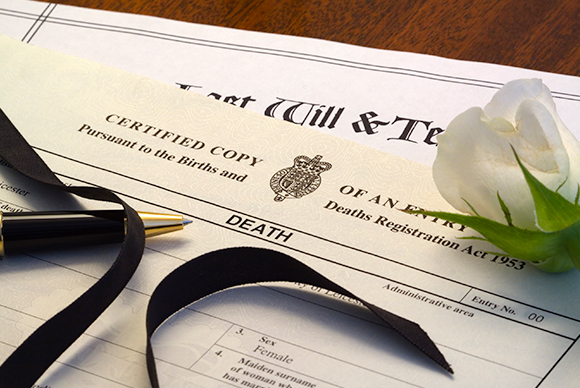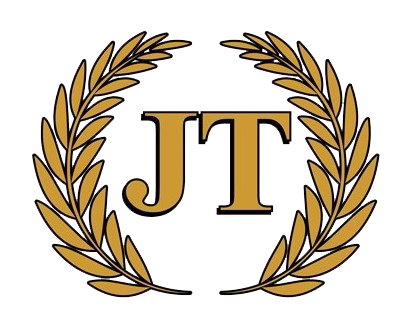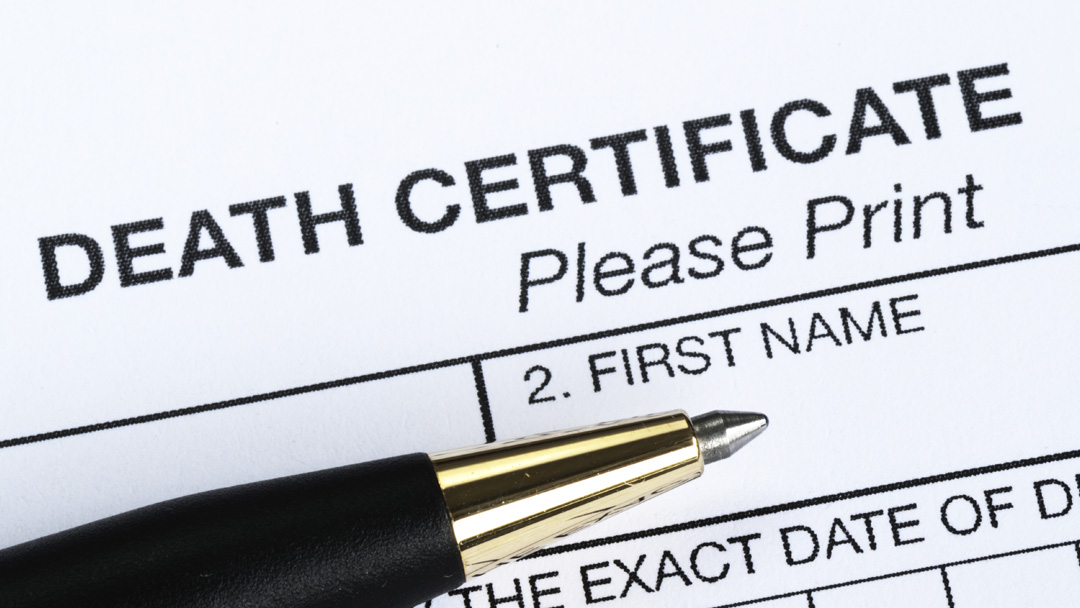Registering a death...
Knowing what to do after someone has died can be overwhelming and stressful, especially if this is the first time you are experiencing this. Registering the death is one of the first steps you should take, and deaths in England and Wales should be registered within five days. Here is our guide on how to register a death if you are unsure where to begin.
Firstly, a medical certificate is issued by a medical professional (either a GP or a doctor at the hospital) and this certificate is needed to register the death at a registry office. This should be done in the area where the deceased died. However, if this is not possible, you can register the death at a registrar of your choice which is called Registry by Proxy. The necessary certificates will then be forwarded to the registrar where the death occurred.
Please note that choosing a registrar that is not in the local area may lead to slight delays in issuing the certificates. This is important as funeral arrangements will not be able to be finalised until all the certificates are obtained.




